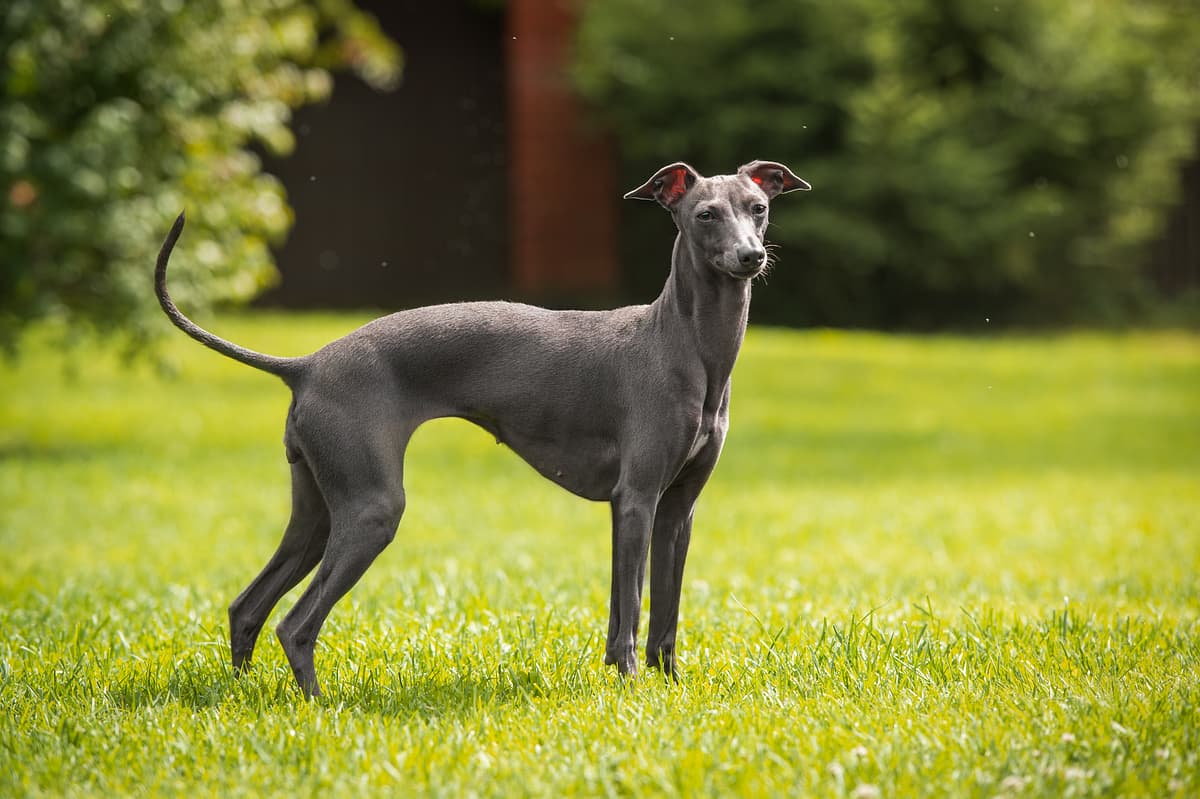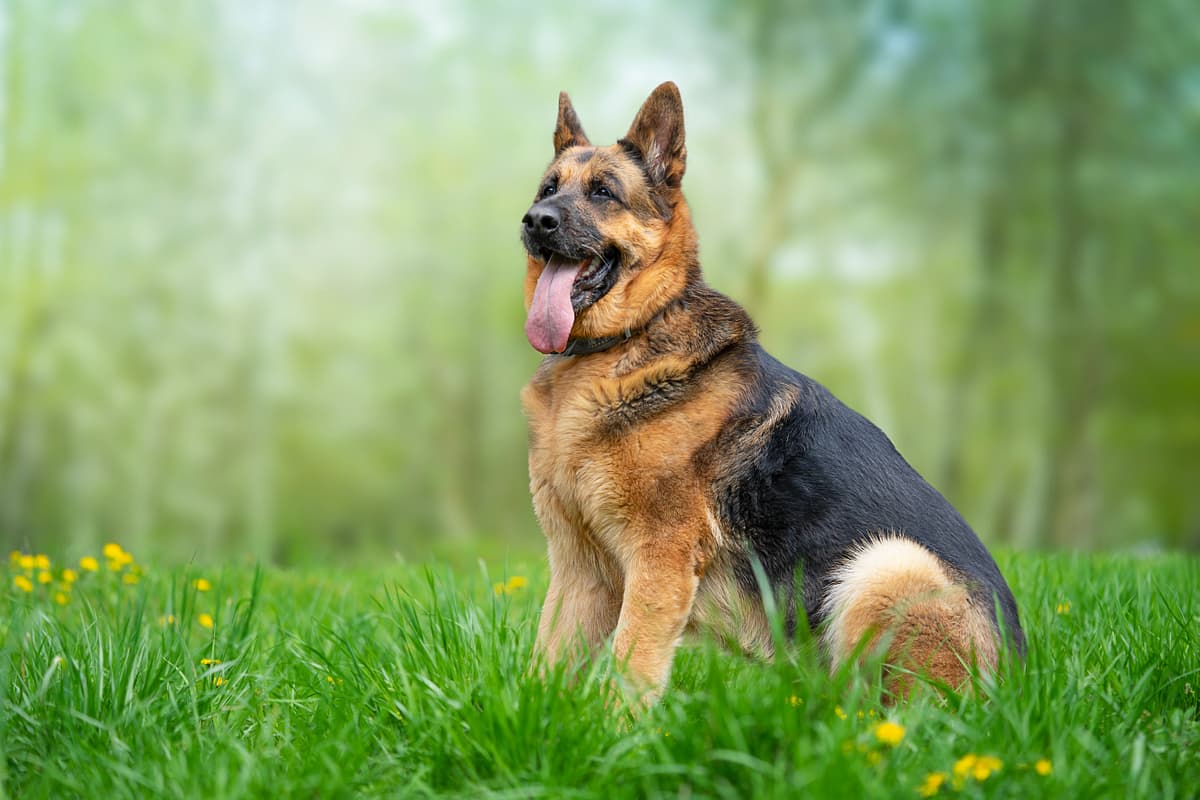Italian Greyhound vs German Shepherd
Discover the differences between Italian Greyhound and German Shepherd to make the best choice for your situation.
Try different breeds

Italian Greyhound
Graceful and affectionate, this slender breed loves to snuggle and form close bonds with its people. Quick and agile, the Italian Greyhound thrives as a gentle, loyal companion.

German Shepherd
Confident, loyal, and highly intelligent, this breed thrives as both a devoted family companion and a reliable working partner. Always alert and eager to learn, it adapts to many roles with ease.
Quick comparison
Small
5–6 kg
Short, fine
13–15 years
4.5–5.5 kg
Moderately active
Large
30–40 kg
Double coat, dense undercoat
9–13 years
22–32 kg
High energy
Personality & behavior
Compare the personality traits and behavioral characteristics of both breeds.
Italian Greyhound
Enjoys people, affectionate with family and friends
Quick learner, responsive to gentle training
Active indoors, enjoys regular exercise and walks
Likes interactive play, enjoys chasing toys
Sensitive to change, prefers familiar routines
German Shepherd
Warm with family, reserved with strangers
Quick learner, highly trainable and alert
Needs regular activity and vigorous exercise
Enjoys games, interactive and engaging
Adjusts well to new situations and environments
Care needs
Exercise, grooming, and daily care requirements
Italian Greyhound
Dental disease, patellar luxation
German Shepherd
Hip dysplasia, elbow dysplasia
Suitability
How well each breed fits different living situations and families
Italian Greyhound
Good option
Gentle and easy to train with patience, but can be sensitive to harsh handling.
Excellent fit
Small size and quiet nature make them well-suited for apartments.
Moderately suitable
Enjoys short bursts of play but may not keep up with highly active owners.
Caution advised
Fragile build and sensitivity make them less ideal for rowdy young children.
Usually compatible
Generally gets along with other pets if socialized early.
Not recommended
Prone to separation anxiety and does poorly when left alone for long periods.
German Shepherd
Challenging for beginners
Needs experienced, consistent training and socialization
Not ideal
Needs space and frequent exercise to prevent boredom
Perfect fit
Thrives with active owners who can provide daily physical and mental challenges
Highly suitable
Loyal and protective, can be gentle and patient with proper socialization
Usually compatible
Can get along with other pets if raised together and well socialized
Prone to anxiety
Dislikes being left alone for long periods and may develop behavioral issues
Breed strengths
What each breed excels at and their best qualities
Italian Greyhound
- Affectionate with family members
- Compact size suits apartment living
- Generally quiet and not prone to barking
- Quick learners with positive reinforcement
- Low grooming needs due to short coat
German Shepherd
- Highly intelligent and quick to learn tasks
- Strong loyalty to family members
- Excellent working and service dog abilities
- Protective instincts make them good guardians
- Adaptable to various training activities
Challenges & considerations
Potential challenges and considerations for each breed
Italian Greyhound
- Prone to fragile bones and injuries
- Sensitive to cold temperatures
- Can be timid with strangers
- Difficult to housebreak consistently
- High prey drive may trigger chasing
German Shepherd
- Prone to hip and elbow dysplasia
- High exercise needs require daily activity
- Can develop separation anxiety if left alone
- May be wary of strangers without socialization
- Heavy seasonal shedding requires frequent grooming
Ready to choose your perfect breed?
Learn more about each breed or compare other breeds to find the perfect match for your lifestyle.
Discover more helpful tools
Make use of our other free tools to get the most out of your pet experience
